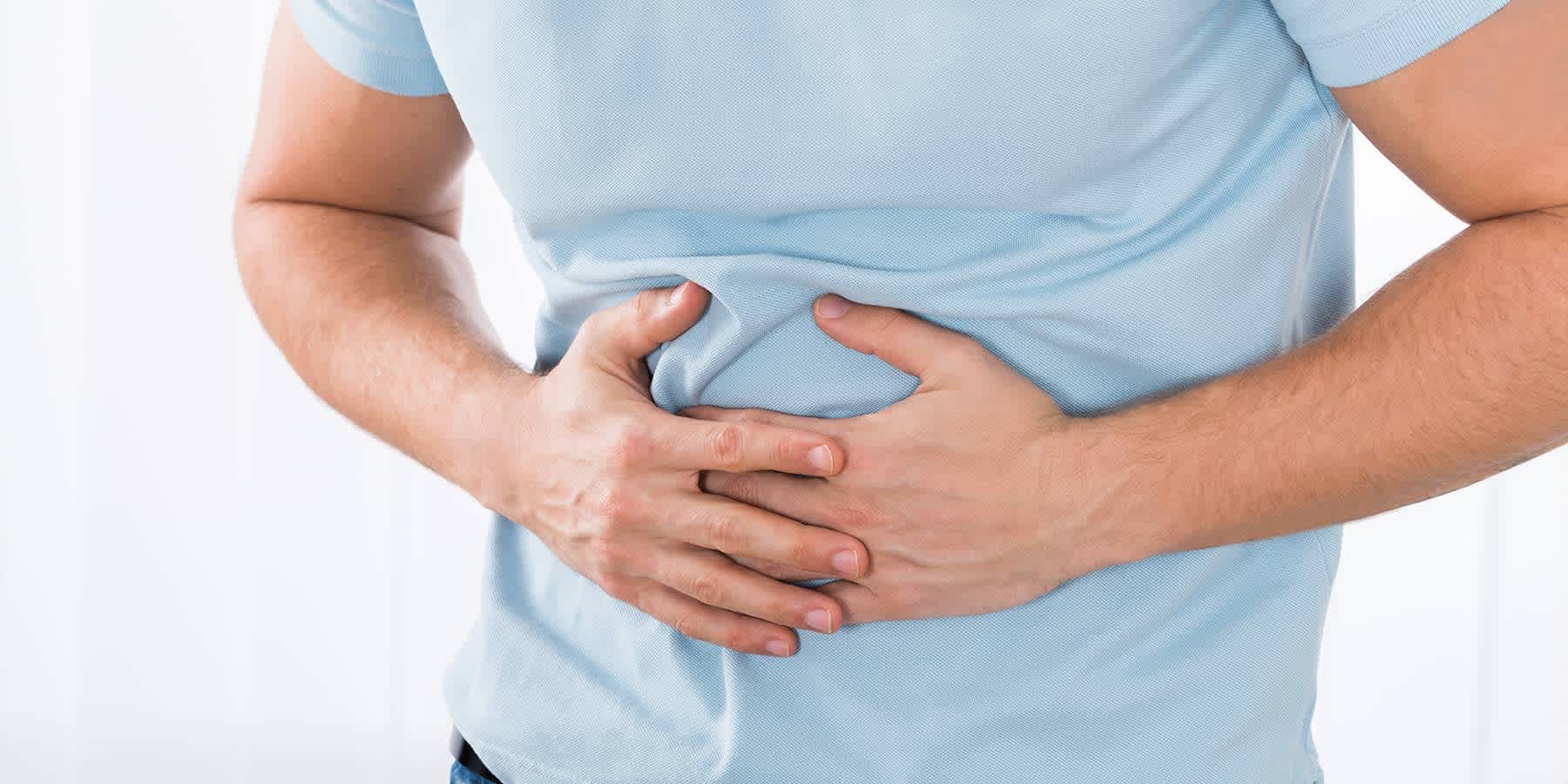Comprehending the Difference Between Bloating and Fat: an Essential Guide for Digestive Health And Wellness
Comprehending the distinction between bloating and excess body fat is vital for any person worried about digestive system wellness. While bloating presents as a momentary and often awkward condition, commonly linked to nutritional behaviors or digestive disruptions, body fat represents a much more permanent modification in one's figure. This distinction is not simply scholastic; it carries considerable implications for just how people approach signs and symptoms and therapy. As we explore the subtleties of these two phenomena, the value of identifying their respective reasons and monitoring strategies ends up being increasingly noticeable. What are the functional actions one can require to address these concerns efficiently?
Defining Bloating and Fat
Bloating and fat are two unique physiological sensations that can considerably impact an individual's comfort and body photo. Bloating describes the momentary swelling or distension of the abdominal area, commonly come with by discomfort or a feeling of volume. This problem may emerge from different factors, including dietary selections, gastrointestinal issues, or fluid retention. Bloating is generally a short-term incident and can fluctuate throughout the day, usually solving with lifestyle modifications or clinical interventions.
On the other hand, body fat is an extra irreversible and stable component of human physiology, mainly serving as an energy book and playing crucial functions in hormone guideline and insulation. Body fat is identified into two types: subcutaneous fat, which lies just beneath the skin, and natural fat, which borders internal organs. While excess body fat can bring about health difficulties, it is important for overall bodily features.

Sources Of Bloating

Additionally, food intolerances, such as lactose or gluten intolerance, can cause bloating when the body has a hard time to process certain materials - fat vs bloating. Eating as well promptly or taking in carbonated drinks can additionally exacerbate the issue, as these routines present excess air into the digestive system
Way of living aspects, a fantastic read including stress and anxiety and absence of exercise, can even more add to bloating by affecting intestine motility. Particular clinical conditions, such as cranky bowel syndrome (IBS) or stomach blockage, might likewise lead to chronic bloating. Recognizing these reasons is important for properly managing and easing bloating, permitting people to make educated dietary and way of living options that support their digestive system health.
Signs And Symptoms of Bloating vs. Fat
Distinguishing in between the signs and symptoms of bloating and excess fat is important for comprehending one's body and resolving pain efficiently. Bloating typically presents as a feeling of fullness or pressure in the abdominal area, often gone along with by visible distension.
In contrast, excess fat shows up in different ways. While it might add to a feeling of thickness, it normally does not generate the severe pain associated with bloating. Rather, excess fat often tends to gather progressively, bring about a modification in body form and size in time. Individuals might notice a boost in body area, specifically around the midsection, but this does not commonly existing with the prompt sensations of volume or distension.

Identifying these distinctions is essential. While bloating is frequently temporary and connected to dietary factors or digestive system problems, excess fat indicates a more great post to read chronic problem calling for lifestyle changes. Recognizing these symptoms equips individuals to seek suitable services tailored to their details problems regarding digestive system health and wellness and body structure.
Managing Bloating
Efficient administration of bloating needs a multifaceted approach that addresses both nutritional selections and way of living behaviors. It is crucial to recognize and get rid of particular foods that may trigger bloating, such as those high in fiber, gluten, lactose, or particular fermentable carbs (FODMAPs) Maintaining a food diary can help pinpoint these triggers and overview modifications.
Incorporating smaller sized, much more regular meals instead of big ones can also minimize bloating, as it eases the gastrointestinal process (bloating vs fat). Remaining well-hydrated is essential, as enough liquid intake aids food digestion and helps avoid bowel irregularity, which can add to bloating
Furthermore, participating in normal physical task advertises gastrointestinal motility and reduces bloating. Simple exercises, such as strolling or yoga, can successfully ease pain. Mindful eating techniques, such as consuming gradually and eating food completely, might better boost food digestion and limit air swallowing.
When to Seek Assistance
Recognizing when to look for clinical assistance for bloating is vital, as persistent or severe signs might show a hidden wellness issue. If bloating is gone along with by Source added worrying symptoms such as considerable abdominal discomfort, inexplicable weight-loss, rectal blood loss, or continuous nausea and throwing up, it is important to speak with a healthcare expert. These indicators might suggest conditions such as cranky bowel syndrome, gastrointestinal blockage, or perhaps a lot more severe issues like cancer.
Furthermore, if bloating lingers regardless of nutritional modifications or over-the-counter solutions, it calls for additional investigation. Individuals with a history of food poisonings ought to be particularly attentive, as their risk for problems may be greater. Additionally, if bloating occurs adhering to the consumption of certain foods, it may indicate food intolerances or allergies that necessitate dietary changes or screening.
Conclusion
In summary, differentiating between bloating and excess body fat is critical for gastrointestinal health and wellness and general wellness. Bloating, a momentary condition usually linked to nutritional factors and digestive problems, contrasts sharply with the steady build-up of body fat.
Comments on “How to determine if you have bloating and fat?”